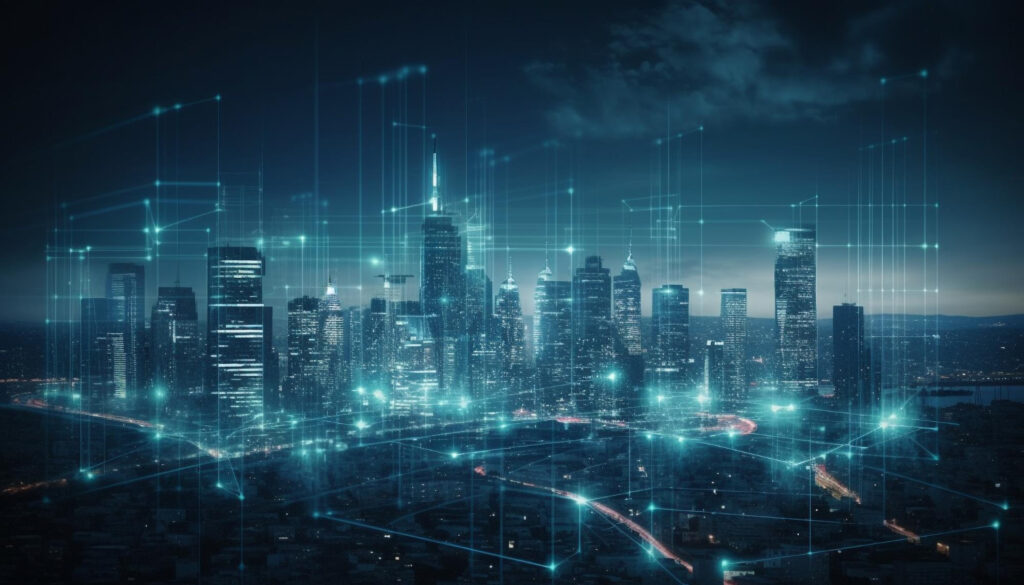In today’s world, where more than half of the population lives in urban areas, the issue of efficient and sustainable metropolitan management is becoming crucial. It is Smart City technology that appears to be the answer to the challenges of urbanisation. The cities of the future are gaining a new dimension through a combination of innovation, technology and design.
Cities become ‘smart’ when they use modern technology to improve the quality of life of their inhabitants. It all starts with the collection of data from various sources, such as cameras, motion sensors or smartphones. By analysing this data, city authorities can better understand the needs of their residents and respond to them more quickly.
Urban lighting that adapts to traffic volumes, intelligent traffic management systems or automated rubbish trucks are just some of the innovations that are already present in metropolitan areas. These solutions not only save energy, but also improve the comfort and safety of residents.
The next step in the development of the cities of the future is the digitalisation of public services. An increasing number of metropolises are offering their citizens mobile apps that allow them to pay for parking, report a problem in the city’s infrastructure or take advantage of local cultural attractions in a simple and fast way.
In addition to the visible benefits of Smart City technology, it is also worth noting its potential in terms of sustainability. Smart energy management systems that adapt energy consumption to actual needs or water management solutions can make a significant contribution to reducing the negative impact of cities on the environment.
However, Smart City technology does not only offer advantages. The introduction of a wide range of technological solutions raises questions about privacy and data security. This is why it is important that, along with technological developments, the debate on ethics and responsibility in the context of the smart city is shaping up just as dynamically.
In summary, Smart City technology has the potential to radically change the face of today’s metropolises, making them more sustainable, safer and more liveable. The challenges ahead are immense, but with a combination of innovation, vision for the future and responsibility, the cities of the future can become places where technology serves people and the environment.





